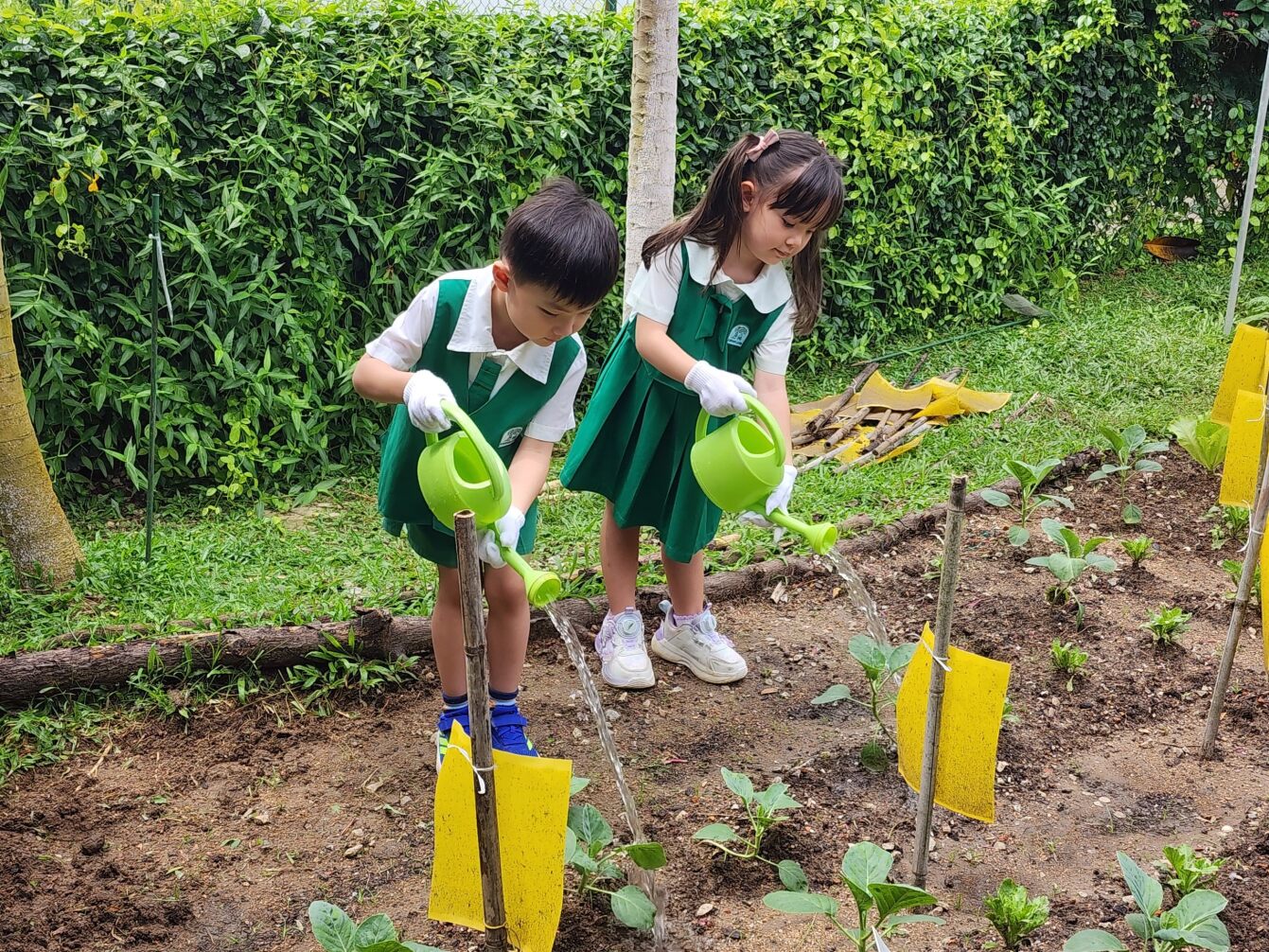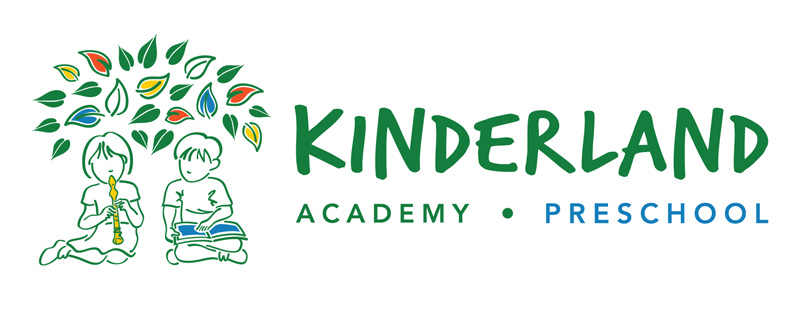As parents, ensuring the health and wellbeing of our children is always a top priority. With the school year in full swing, it becomes even more crucial to strengthen their immune systems against common infections, including Human Metapneumovirus (HMPV). While no strategy can guarantee complete immunity, proactive steps can help protect children from illnesses. Proper nutrition, adequate sleep, stress management, and timely vaccinations also support their overall development.
What is Human Metapneumovirus (HMPV)?
HMPV is a respiratory virus belonging to the Pneumoviridae family, closely related to Respiratory Syncytial Virus (RSV). First identified in 2001, it is a common cause of respiratory illness in children under five, older adults, and those with weakened immune systems. The virus spreads primarily through respiratory droplets and contaminated surfaces, making young children especially vulnerable in crowded environments such as schools and playgrounds.
Symptoms of HMPV
HMPV symptoms range from mild cold-like signs to severe respiratory illnesses, including pneumonia and bronchitis. Common symptoms include:
- Coughing
- Runny nose
- Fever
- Wheezing
- Shortness of breath
- Sore throat
- Fatigue
Severe cases may lead to bronchiolitis or pneumonia, requiring medical attention. Symptoms typically worsen within the first few days of infection and can persist for 1-2 weeks.
Who is Most at Risk?
While HMPV can affect anyone, the following groups are at higher risk:
- Infants and young children under 2 years old
- Children with asthma, weakened immune systems, or chronic lung disease
- Adults over 65 years old
- Individuals with compromised immune systems
How to Strengthen Immunity and Protect Against HMPV
A robust immune system helps protect children from HMPV and other infections. Here are key strategies to support their health:
1. Incorporate Omega-3 Fatty Acids into Their Diet
Omega-3 fatty acids play a vital role in immune function, brain development, and eye health. These healthy fats help reduce inflammation and enhance the body’s ability to fight infections. Good sources of Omega-3s include:
- Fatty fish (salmon, mackerel, sardines)
- Walnuts, chia seeds, flaxseeds
- Fortified foods such as DHA-enriched eggs and cereals
To make Omega-3-rich foods more appealing, consider preparing fishcakes or blending ground flaxseeds into smoothies.
2. Ensure a Balanced Diet with Fruits and Vegetables

At Kinderland, we have a certified in-house nutritionist planning meals for the children’s wellness and immunity.
A diet rich in fruits and vegetables provides essential vitamins, minerals, and antioxidants to boost immunity. In particular:
- Vitamin C from papaya, guava, and leafy greens supports immune function
- Fiber from whole grains aids digestive health
Encourage colourful meals by including a variety of fruits and vegetables to make eating nutritious foods more enjoyable.
3. Prioritise Adequate Sleep
Sleep is crucial for immune health as it allows the body to repair tissues, produce immune cells, and release growth hormones. The recommended sleep durations by the Health Promotion Board (HPB) are:
- Infants (0-3 months): 14-17 hours per day
- Infants (4-11 months): 12-15 hours per day
- Toddlers (1-2 years): 11-14 hours per day
- Preschoolers (3-5 years): At least 10 hours per day
- School-aged children (6-13 years): At least 9 hours per day
Establishing a consistent bedtime routine by limiting screen time, incorporating relaxation activities, and maintaining a regular sleep schedule is key to ensuring adequate rest.
4. Manage Stress Effectively
Chronic stress can weaken the immune system, making children more susceptible to infections. To help manage stress in young children:
- Encourage open communication to talk about their day’s feeling and emotion. This will allow them to know they have a safe support to turn to whenever they are feeling down.
- Incorporate mindfulness and breathing exercises to help them manage anxiety and during stressful situation.
- Promote physical activities and creative expression through art and play can help externalise emotions and feelings. Through such activities, parents can observe and ask questions to better understand what their child may be thinking or feeling. This allows them to seek solutions to problems together.

Children having fun with their gymnastics moves
A strong emotional foundation supports a robust immune system, enabling children to cope better with daily challenges.
Children aged 4–6 may show signs of stress through behaviours such as clinging to adults or regressing to earlier developmental stages. They may also experience changes in sleeping and eating patterns, increased irritability, and reduced concentration. Additionally, some children might become more inactive or hyperactive, stop playing, stop talking, or exhibit heightened anxiety. At Kinderland, educators stay attentive to signs of stress in children and work closely with parents and professionals to provide thoughtful and caring support.
5. Consider Appropriate Supplements
While a well-balanced diet is ideal, supplements can provide additional immune support when necessary. Key supplements include:
- Vitamin D: Enhances immune function
- Zinc: Supports immune cell activity
- Probiotics: Maintain a healthy gut microbiome

Children enjoying planting vegetables in the garden, soaking up the sun, and getting a healthy dose of Vitamin D, while learning the benefits of their greens
Before introducing any supplements, consult a paediatrician to ensure they are appropriate for your child’s needs.
Practices to Protect Your Child from HMPV and Other Respiratory Illnesses
In addition to building immunity, everyday hygiene practices can reduce the risk of HMPV and other infections:
- Frequent Hand Washing:
- Teach your child to wash their hands with soap and water regularly.
- Good Coughing Etiquette:
- Encourage them to cover their mouth with a tissue or elbow when coughing or sneezing.
- Disinfect Surfaces:
- Frequently clean toys, desks, and doorknobs using a general disinfectant. At Kinderland, we ensure that disinfectants used contain active ingredients recommended by the NEA for effective protection against viruses and bacteria.
- Stay Home When Unwell:
- Keep your child or your family member at home if they have symptoms of a cold or respiratory illness.
- Avoid Contact with Sick Individuals:
- Limit exposure to people with flu-like symptoms. You may consider putting on a surgical mask for a peace-of-mind.
- Ensure Timely Vaccinations:
- Vaccinations provide targeted protection against specific diseases and play a critical role in reducing illness severity. They work by stimulating the immune system to recognize and combat pathogens. Ensuring your child follows the National Childhood
- Immunisation Schedule helps protect against infections like influenza and measles.
Conclusion: Empowering Healthier Futures Together

A Happy Child, A Stronger Immune System
Building strong immunity in young children is a comprehensive effort involving proper nutrition, sleep, stress management, hygiene, and vaccinations. By adopting these strategies, parents and educators can create a strong foundation for children’s health, enabling them to thrive physically, mentally, and emotionally.
At Kinderland, we are committed to partnering with parents to support children’s health through balanced nutrition, safe environments, and proactive health practices. By fostering these healthy habits, we help children build resilience against illnesses and embrace each new day with enthusiasm and vitality.
By staying informed and taking proactive steps, we can safeguard our children’s health and create a healthier future for all.
Reference:
- Contributed by Ms Zolynne Tan, Assistant Manager – Nutrition, Health & Hygiene (Kinderland)
- World Health Organisation (2025). Human Metapneumovirus (HMPV) Infection [online] Available at: https://www.who.int/news-room/questions-and-answers/item/human-metapneumovirus-(hmpv)-infection [3 February 2025]
Payne, S 2017, Viruses : From Understanding to Investigation, Elsevier Science & Technology, Chantilly. Available from: ProQuest Ebook Central. [3 February 2025].
Ministry of Health. (2025). Human Metapneumovirus cases. [online] Available at: https://www.moh.gov.sg/newsroom/human-metapneumovirus-cases [3 February 2025]
UNICEF. (2024). How to recognize signs of distress in children. [online] Available at: https://www.unicef.org/parenting/child-care/how-to-recognize-signs-of-distress [4 April 2025]
The National Environment Agency. (2024). List of household disinfectants and self-disinfecting surface coating products against COVID-19 virus [online] Available at: https://www.nea.gov.sg/our-services/public-cleanliness/environmental-cleaning-guidelines/guidelines/list-of-household-products-and-active-ingredients-for-disinfection-of-covid-19 [4 April 2025]


